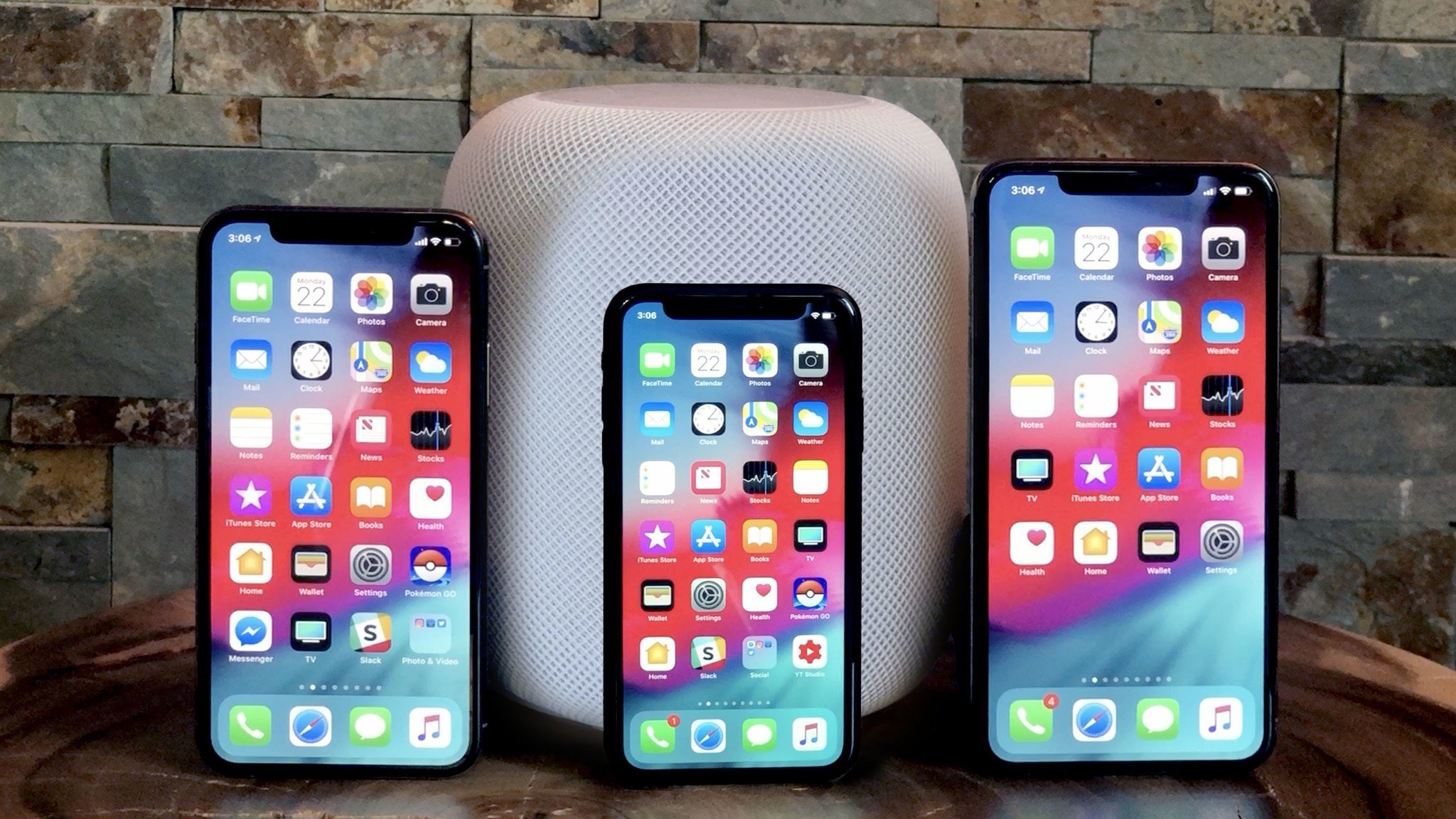Foxconn could pivot iPhone production to India even amidst tough challenges

iMore offers spot-on advice and guidance from our team of experts, with decades of Apple device experience to lean on. Learn more with iMore!
You are now subscribed
Your newsletter sign-up was successful
What you need to know
- Foxconn is ready to establish more assembly plants in India.
- It only has two plants there right now, but it'll need much more to keep up with iPhone production.
- It does anticipate many challenges in the possible transition.
As the trade war between the U.S. and China continues, affected companies are starting to put their contingency plans in place. One of those is Foxconn, a manufacturer of iPhones, which is setting its sights on India.
According to a report from Bloomberg, Foxconn is ready to start expanding in India. Its main base of operations is in China, but with the U.S. imposing a 15% tariff on Chinese-made goods, the company is looking elsewhere to bypass the trade war.
"It's a good business principle not to put all your eggs in a single basket," says Josh Foulger, who runs Foxconn's India operations. "We have to find viable and reliable alternatives. Obviously the alternative location has to be competitive. We can't put a factory in Mexico for manufacturing mobiles. It might have worked 10 years ago, it just won't work today."
Right now, Foxconn has two assembly plants in India where it manufactures some iPhones that are sold in India. That isn't nearly enough to satisfy the iPhone production that comes out of China.
Foxconn does anticipate some challenges in the transition to India. Expanding production in the country still presents its own set of challenges that it has to contend with.
Skilled workers such as industrial designers are in short supply, and there isn't yet much of a supplier network providing crucial components such as batteries, semiconductors and processors. "India is not there yet," says Anshul Gupta, a senior research director at Gartner India.
It'll be interesting to see how things continue to unfold as the trade war goes on. If Foxconn does indeed make a move to establish production plants in India, many hurdles lie ahead, but it will end up being beneficial for companies like Apple.
iMore offers spot-on advice and guidance from our team of experts, with decades of Apple device experience to lean on. Learn more with iMore!

